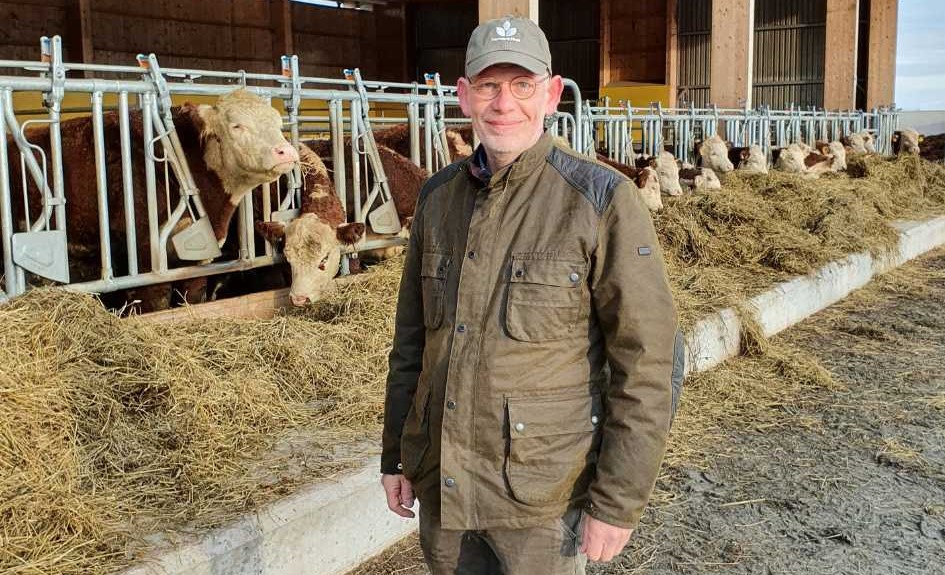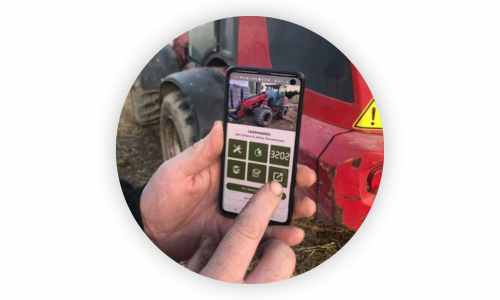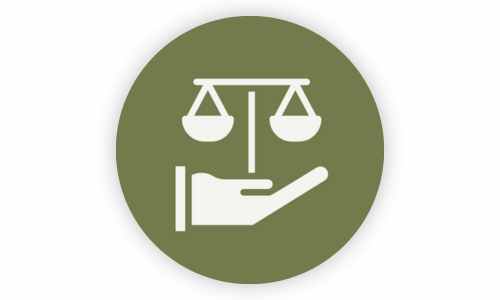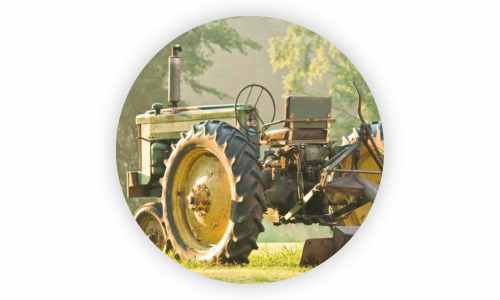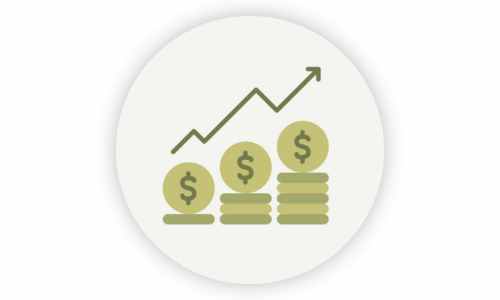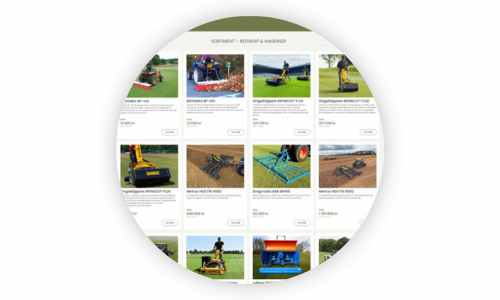Machine Economy
Optimize machinery economics with analysis and budgeting
Rising costs and interest rates
The prices of machinery and equipment have increased by approximately 30-50% since 2020, while interest rates have simultaneously doubled to 5-6%. Managing these changes is crucial for the success of your farm. Machinery costs typically range from 2500-5500 SEK/ha & year, constituting about 30% of your expenses in crop cultivation. The machinery cost for a 250-hectare farm is around 1.3 million SEK. Trimming machinery costs by 5-10% on such a farm can save you 100,000 SEK per year! Learn more about this in a video from Lantbruksnytt!
Raise awareness about machinery costs
To find opportunities to save, one can identify various costs such as fuel, maintenance, insurance, capital costs, and interest. Retaining, replacing, or purchasing a machine is a strategic choice because, even though new technology may be expensive upfront, it might work faster or provide better crop returns, while avoiding repair costs often associated with older machinery. By weighing these changes in machinery costs against improvements in crop cultivation, a reasonable budget can be established—either as a total cost, per hectare, or as a percentage of turnover. Here, you can find templates to calculate both an overview and detailed machinery costs.
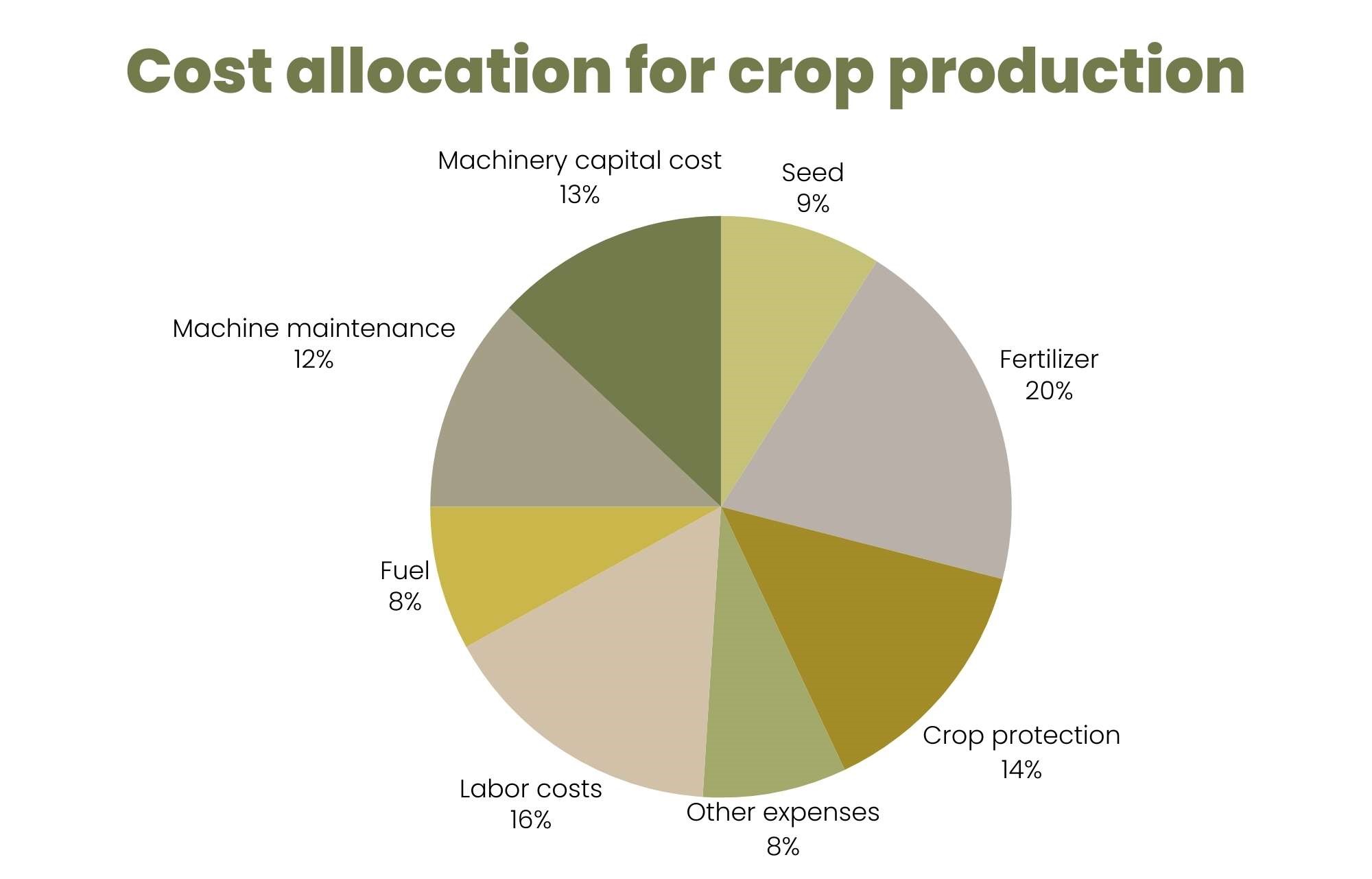
Impact on total costs
Developing a clear machinery cost calculation can be challenging due to the fact that actual machinery costs are located in various sections of the accounting. Simplify the process by not complicating it—better to make a rough estimate than not calculate at all! Try to separate costs depending on whether it relates to financing needs, tax depreciations, or operational economics.
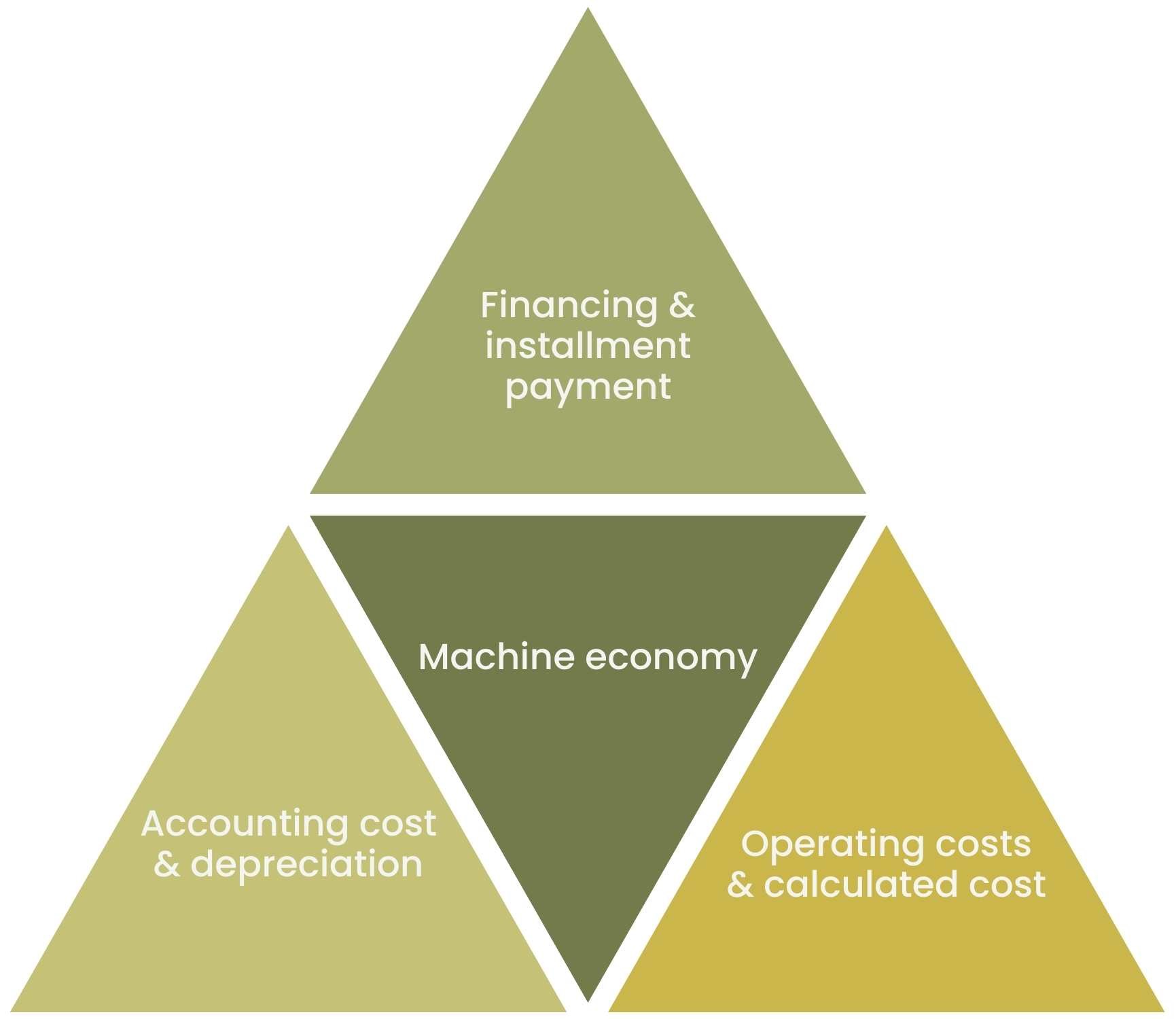
Three perspectives on machinery costs
The calculation of machinery costs varies depending on the context. It may include financing costs and repayment of machinery loans; within accounting, it may also involve tax depreciations, and finally, it can encompass operational costs.
- Financing and Repayment: For example, when you trade in a machine, pay the price difference for a new one, and repay a machinery loan.
- Accounting and Depreciations: For instance, you make tax depreciation of, for example, 20%.
- Operational and Calculated Cost and Market-Based Depreciation: This perspective involves the operational and calculated costs along with market-based depreciation.
Unique conditions for each farm
A deeper understanding of your machinery fleet can result in a better bottom line. Through increased reliability and optimal usage with preventive maintenance, you can save up to 700 SEK per hectare per year. The timeliness effect improves when the machine is not idle when needed, repair costs decrease if preventive maintenance is performed correctly, and a well-maintained machine with documentation provides a better resale value. Learn more about preventive maintenance here!
Schedule a consultation with our machinery economist!
Calculating machinery economics and making decisions can be challenging on your own, but we are ready to offer advice and support to assist you on your journey. Our machinery economist has many years of experience working with agricultural economics.
